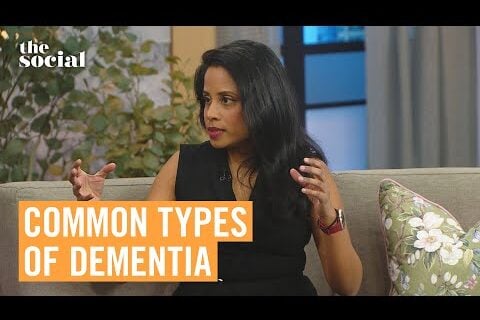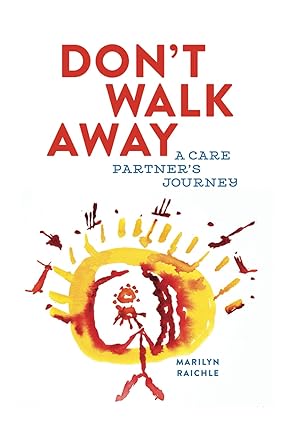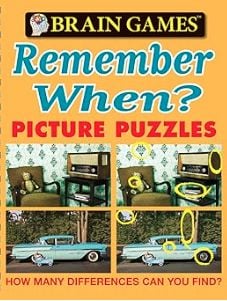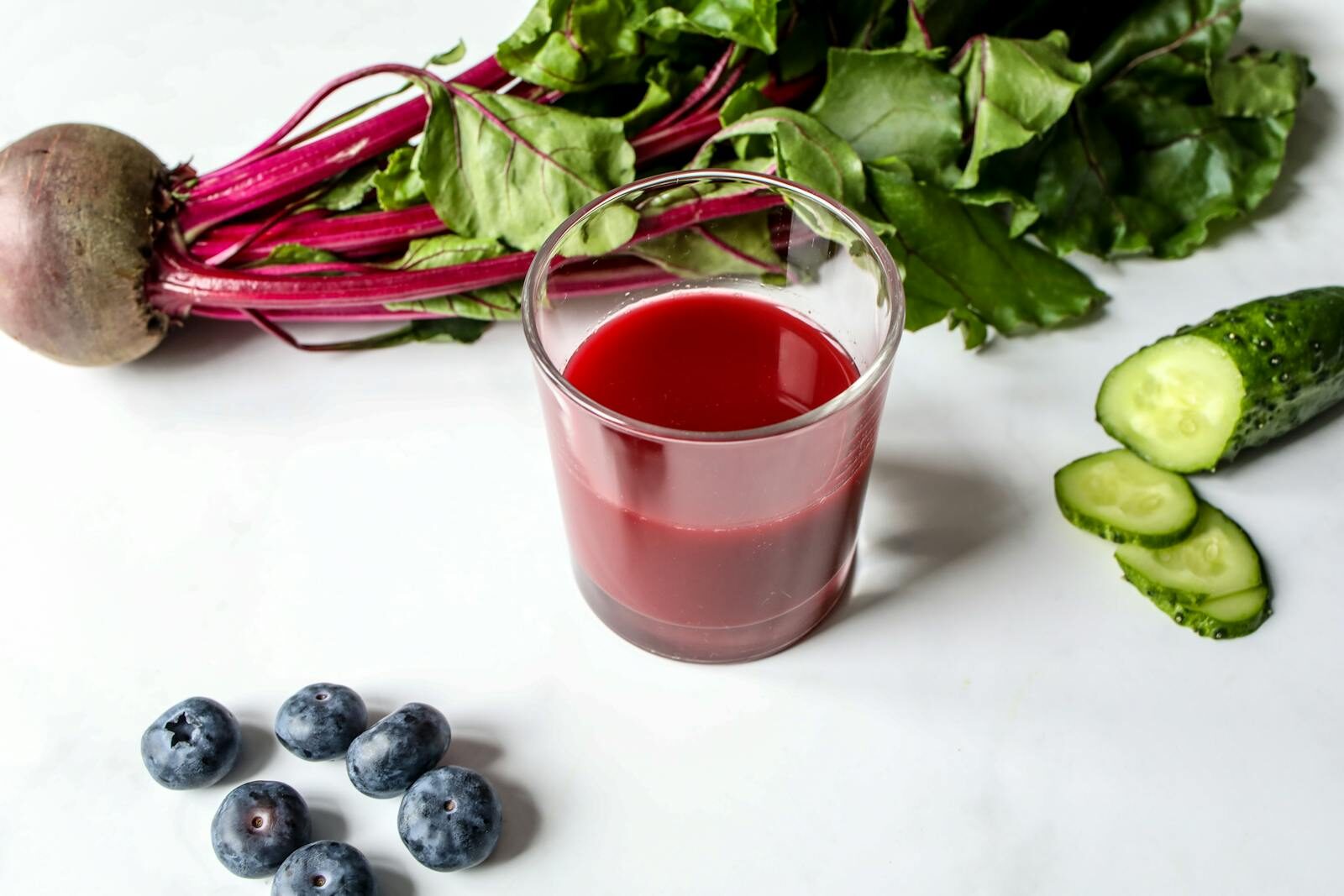
Coconut Fish Curry
RECIPE: “Brain foods” are neuroprotective, fighting Alzheimer’s by lowering risk and helping to resist cognitive decline. This flavorful dish combines 4 of the best “brain foods”: fish, coconut oil, curry and fenugreek. Enjoy its Indian flair.




























